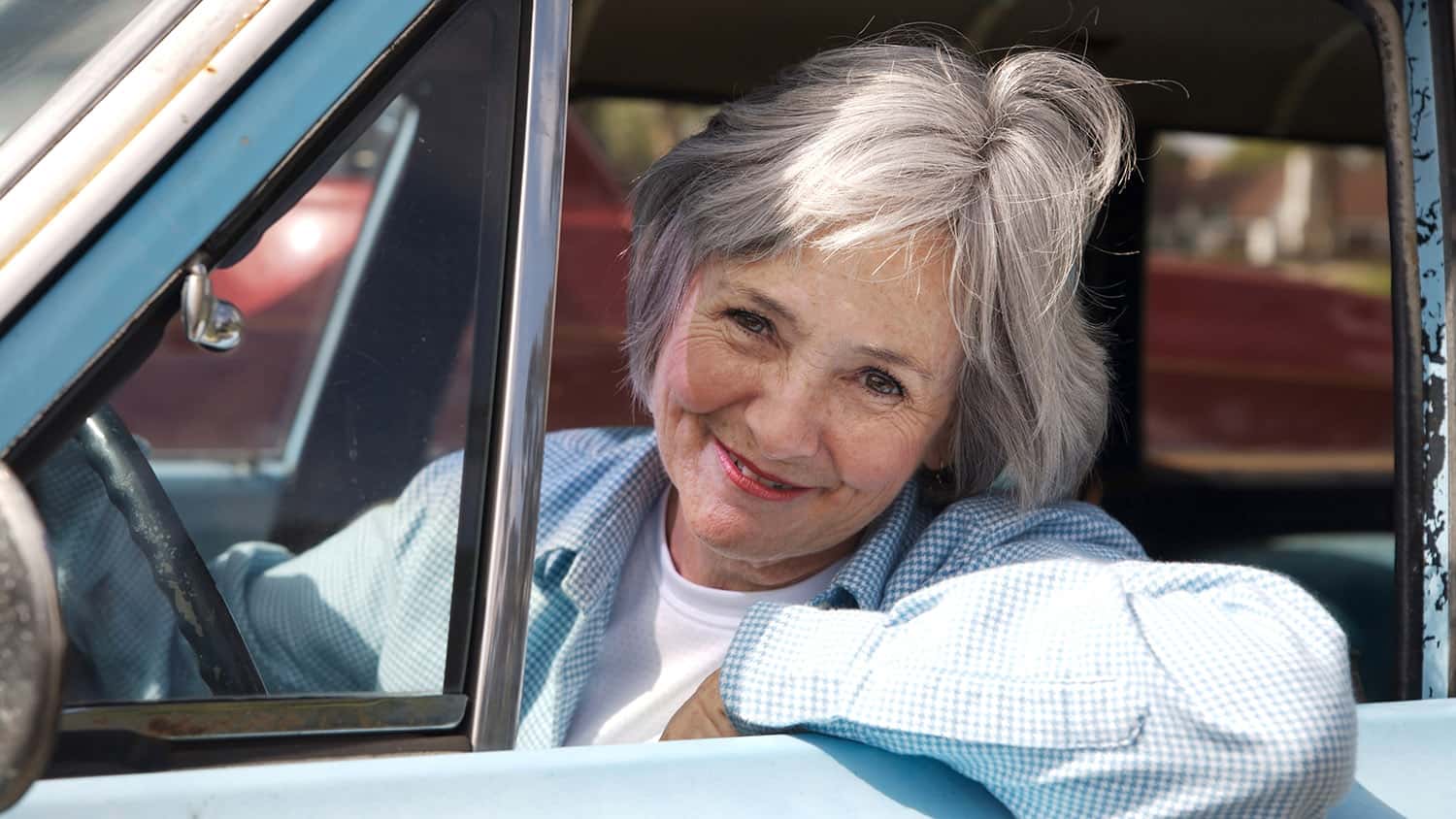
11 Stages of Caregiving – What You Should Know When Taking Care of a Loved One
I talk a lot about the 12 life stages of a caregiver and the caregiving experience. Let’s take a look at 11 of them. Can you relate to the following?
Becoming a Caregiver
Many are thrust into caregiving out of the blue. Now is the time to plan and adjust your mindset and your attitude to prepare you for the road ahead.
Caregiver Health
Before you can take care of others, however, you must take care of yourself. There are apps to help, holistic practices, energy healing, and more; all striving to chill you out, help you take a breath, and take care of you!
Making Life Easier
There is no need to go it alone when caregiving. Leaning on others is one thing. But being efficient with your use of time and technology can go a long way in helping.
This can include anything from organizing tips around your lifestyle to making quick meals for you and your loved one. The goal is to help you simplify your life and pay attention to what is important.
Family Dynamics
Once you have your health in order and your plan in place, it is time to deal with family members. It could be involve talking with your loved one about dementia, the desire to capture their life story, or dealing with an estranged family member. Getting on the right page is essential.
Legal and Financial Caregiving
Avoiding exploitation. Managing debt. Medicaid spend down. You can’t be a complete caregiver without managing the legal and financial minutia. And it’s better to do that when your loved one’s health is in order and your family is aligned with you in a plan.
Caregiving in the Workplace
Six out of 10 caregivers are in the workforce, and the workforce culture has a long way to go in creating supportive cultures for caregivers. That is why exploring the issues of ageism, dealing with unsupportive co-workers, knowing your rights, and more is so important.
Disease-Specific Caregiving
Not every caregiving situation is about caring for an older person or even someone with dementia. It could involve caring for an autistic child.
In any case, knowing the resources available for your specific situation is key. Whether it’s online portals to local support groups, now is the time to dig into the nitty gritty of caregiving.
Aging in Place
There is a progression in caregiver life stages, which corresponds to a progression of possible living scenarios for those for whom you care.
Ideally people want to age in their home. It may not be realistic for some, however. We have explored aging in place through several videos here on Sixty and Me. From technologies to strategies to finances and more, you can create a sensible plan for your loved one to stay where they are!
Senior Living
There may come a time when advanced care is needed. It is never too soon to explore and understand the options in senior housing, the acuity level they address, and how it is all paid for – one of the least understood topics of all.
End of Life
Every caregiving situation ends. Are you prepared? Do you have advance directives in place? Are you considering hospice? Do you know what hospice care provides? Is your estate plan in order?
After the Caregiving Is Over
Have you thought about how your purpose may change once you are no longer a caregiver? I never thought my caring would end, but, in reality, it was just a short two-and-a-half-year period. Then I had to get back to the business of my life and career. Now you need to restore your joy and find new purpose.
Let’s Have a Conversation:
Which one of these stages are you in currently? What do you find most difficult to do as a caregiver? Do you need help managing your situation? Please share with our community.
Tags Getting Older







Kerry – I cannot argue with there. It is a thankless job. Moving in compounded the situation. Maybe he would consider moving to a community. You need to have your life. I would reach out to the grandkids and others and ask for help too. Local churches and non-profits can probably lend a hand.
I have been caring for my 86 year old father for 6 years. My mother asked me to move in & care for him when she was dieing. It has been so hard, we were not close beforehand. He is a difficult man. He has no friends has alienated the family& although he has 2 wonderful granddaughters & 2 great granddaughters he has nothing to do with them. My husband & I have no life & we’re in our 60 & 70’s. I’m beginning to feel resentful at my father who refuses to go into a home. Such a hard & thankless job.